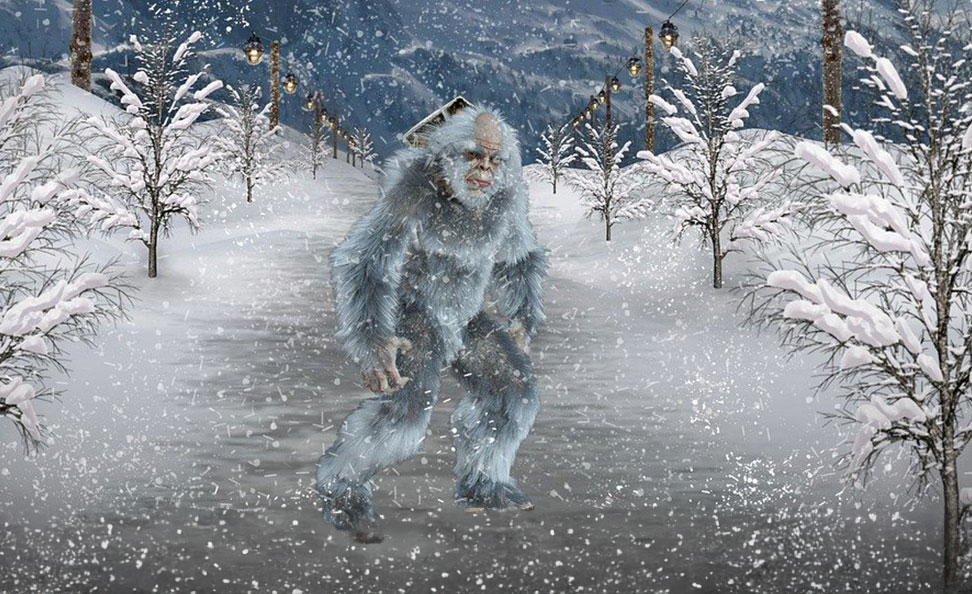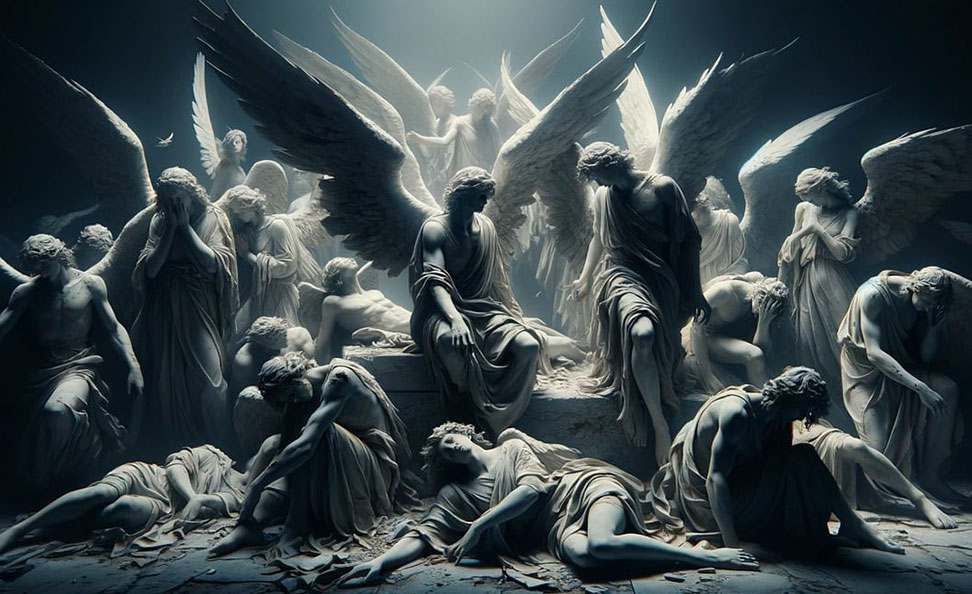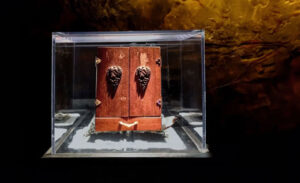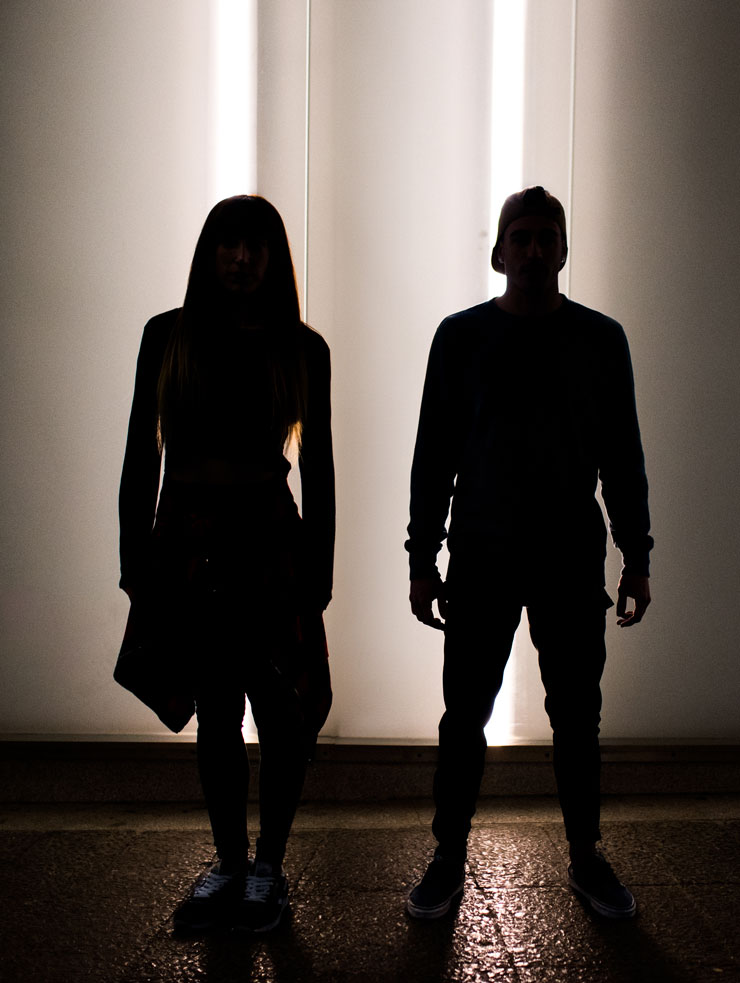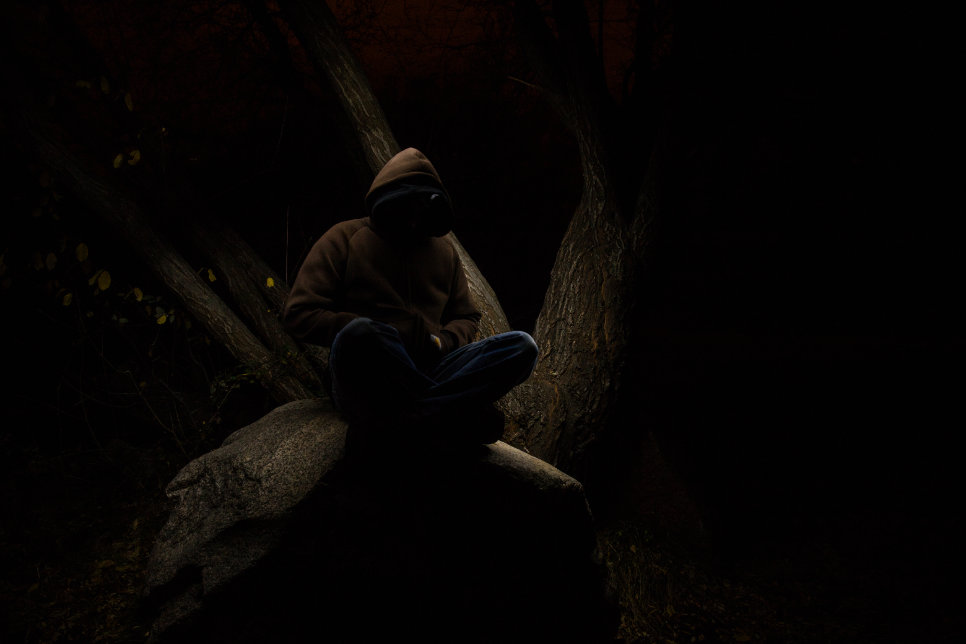
The existence and nature of demons have been a subject of debate and fascination throughout history and across cultures. With countless accounts of demon encounters, it is essential to investigate these firsthand experiences to better understand the phenomenon and its implications.
By examining these accounts, we can gain insights into the cultural, sociological, and psychological factors that contribute to such beliefs and experiences, as well as explore possible links between these encounters and paranormal or supernatural phenomena.
Historical Context of Demon Encounters
Beliefs and Practices Surrounding Demon Encounters in Ancient Times
The concept of demon encounters can be traced back to ancient civilizations, where they were often seen as malevolent supernatural beings that tormented and caused harm to humans. In ancient Mesopotamian cultures, demons were believed to cause disease, misfortune, and various mental and emotional disorders. The Egyptians, Greeks, and Romans also believed in demons, and in certain religious contexts, they were associated with fallen angels or vengeful spirits.
Exorcism rituals and practices were developed in many cultures to cast out or control these demonic forces, and literature from ancient times often contains stories of demon encounters. In one example, the hero Gilgamesh encounters Humbaba, a demon-like creature, in his quest for immortality in the famous Mesopotamian epic.
Demon Encounters in Different Cultures
Stories of demon encounters appear across many different cultures and religions. Hinduism, for example, has a rich tradition of tales featuring encounters with demons known as Asuras, who are often depicted as powerful supernatural beings with the ability to shape-shift and cause harm to humans. Buddhism also recognizes various demonic entities, such as the Mara who sought to tempt the Buddha during his quest for enlightenment.
In Christianity, demon encounters are frequently associated with demonic possession and exorcism, as illustrated in the Bible with stories of Jesus casting out demons from the afflicted. Islamic tradition is replete with accounts of encounters with evil spirits or “jinn,” who are considered to be supernatural beings made of smokeless fire and capable of influencing humans and causing them harm.
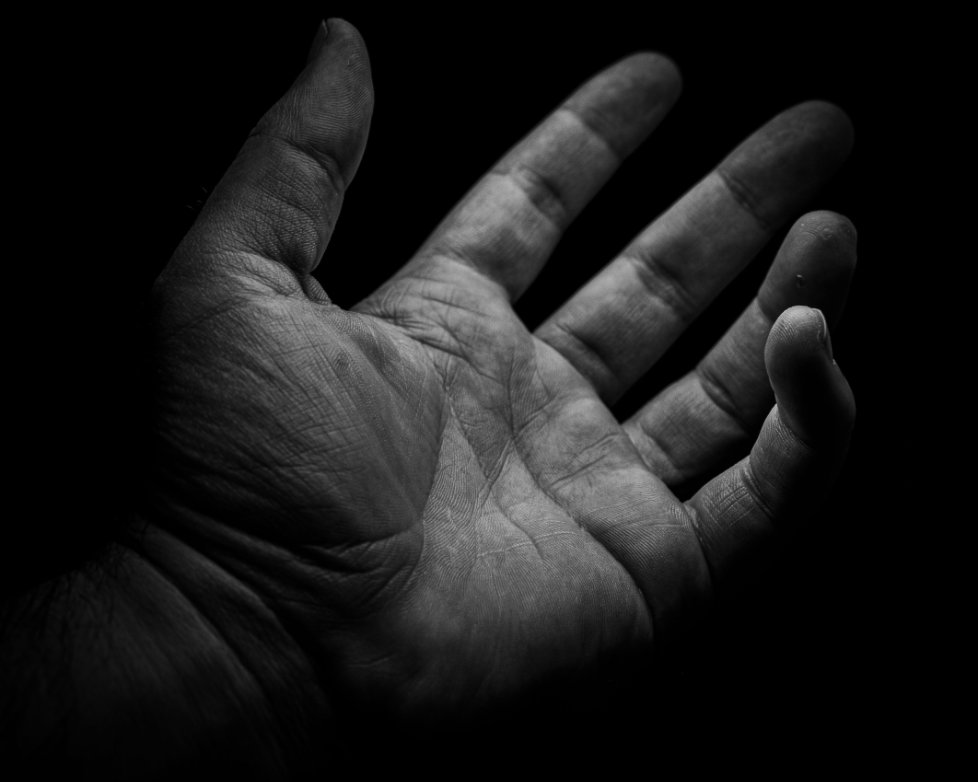
Investigating Demon Encounters Today
Types of Demon Encounters

In modern times, accounts of demon encounters can be categorized into different types, each with distinct characteristics that point to possible underlying causes and cultural influences. Some common types of demon encounters include:
Sleep paralysis: Many demon encounters are reported during episodes of sleep paralysis, a temporary inability to move or speak during the transition between wakefulness and sleep. People experiencing sleep paralysis often report feeling an overwhelming sense of dread and the presence of an evil being nearby, which might be attributed to a demon.
Hauntings and possession: Some people claim to have experienced demonic activity in the form of hauntings, poltergeist phenomena, or even possession by a malevolent entity.
Encounters during altered states of consciousness: Many reports of demon encounters occur during periods of altered consciousness, such as during meditation, drug-induced states, or severe emotional distress.
Near-death experiences: Some individuals who have had near-death experiences report encounters with demonic entities as part of their experience.
Gathering Evidence
The process of investigating firsthand accounts of demon encounters can be challenging due to the often-subjective nature of human experiences and the lack of tangible evidence. However, certain approaches can help gather and assess the available information:
1. Recording personal testimonies: Collecting detailed, firsthand accounts from individuals who have experienced demon encounters can provide valuable insights into the commonalities and differences between experiences.
2. Analyzing patterns and trends: Identifying recurring themes and patterns in demon encounter stories can help establish connections between individual experiences and potential cultural, psychological, or physiological factors.
3. Investigating physical evidence: While physical evidence of demon encounters may be rare, examining the claims of reported manifestations, such as markings on the body, unexplained injuries, or material that supposedly bears a demonic presence, can help to corroborate or refute the individual’s account.
Documenting Testimonies
It is crucial to document the testimonies of those who claim to have experienced demon encounters in a manner that protects both the individual’s privacy and the integrity of their account. Interviews and written accounts should be conducted in a sensitive and empathetic manner, recognizing the potentially traumatic nature of the experience.
Similarly, any physical evidence should be documented and preserved with care, whether through photography, video, or sample collection.
Mystical Finale
Investigating firsthand accounts of demon encounters is a complex endeavor that requires careful consideration of cultural, psychological, and sometimes physiological factors. Through the documentation and critical analysis of personal testimonies, common patterns and trends can be identified, allowing for a better understanding of the demon encounter phenomenon and its impact on individuals and society.
By continuing to study and investigate these experiences, we can further explore the intriguing and multifaceted nature of human experiences with the supernatural, offering valuable insights into the interconnected realms of belief, emotion, and perception.


